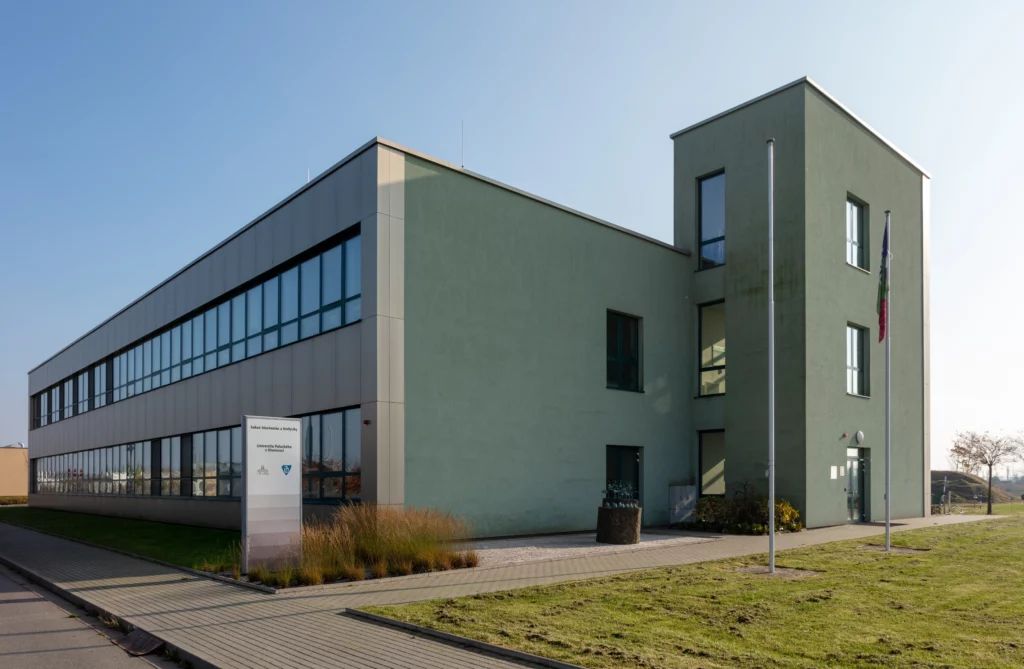

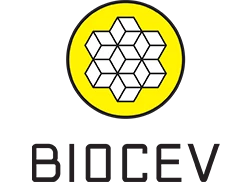
The Centre Algatech in Třeboň, a detached workplace of the IMIC, belongs to the world's leading workplaces dedicated to basic and applied research on phototrophic microorganisms and it is the leading partner of the project. The Laboratory of Photosynthesis is involved in the construction of a new type of cyanobacterial production cell for biotechnological applications and the construction of synthetic light-harvesting antennae, the development of a plasmid with a controllable copy number and the search for new biosynthetic pathways and enzymes. The Laboratory of Algal Biotechnology focuses on identifying novel secondary cyanobacterial metabolites for pharmacology and testing their production in a pilot plant. The Laboratory of Algal Cell Cycles identifies mechanisms that control the production of storage compounds at the level of coordination of processes between the nucleus and chloroplast. The Laboratory of Anoxygenic Phototrophs studies biotechnologically relevant genes and entire biosynthetic pathways in the genomes of phototrophic bacteria.
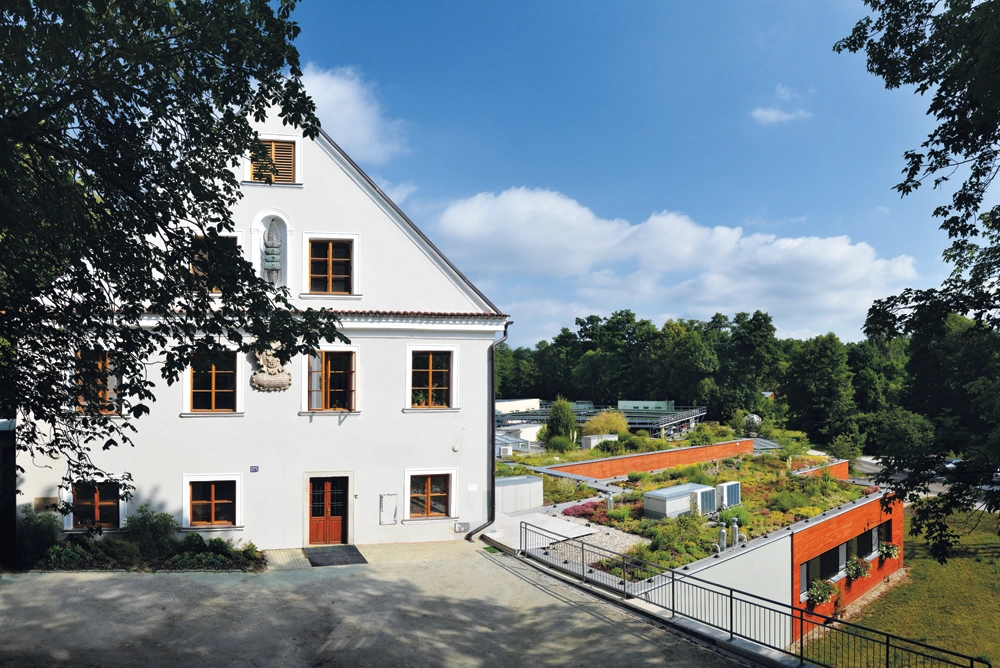
The Laboratory of Molecular Structure Characterization of IMIC will use nuclear magnetic resonance to monitor labelled metabolites. Structures of low molecular weight bioactive compounds will be solved using NMR.
A computer cluster will be located at the IMIC detached facility at Nové Hrady Castle (30 km south of Třeboň).
Another project implementation site is the Laboratory of Structural Biology and Cell Signalling of IMIC - Centre BIOCEV in Vestec near Prague. This facility is focused on state-of-the-art mass spectrometry techniques in the fields of proteomics, structural biology and biomedicine. The laboratory develops new chemical reagents for cross-linking protein complexes and new protein surface labelling techniques for difficult to solve protein complexes, e.g. membrane proteins. The laboratory will be involved in both work packages in which it will address protein-protein interactions including membrane protein complexes, post-translational modification and the determination of metabolic fluxes in the cell.

The Laboratory focuses on the study of excited states of photosynthetic pigments and pigment-protein complexes responsible for photon absorption and energy and electron transfer processes in photosynthesis. The lab develops ultrafast (fs) time-resolved techniques to understand dynamic processes at the single molecule level. Its goal within the Photomaschines Project is to analyze pigments and pigment-protein complexes using time-resolved spectroscopy and to characterize the efficiency of various photosynthetic processes such as light capture, energy transfer and quenching.
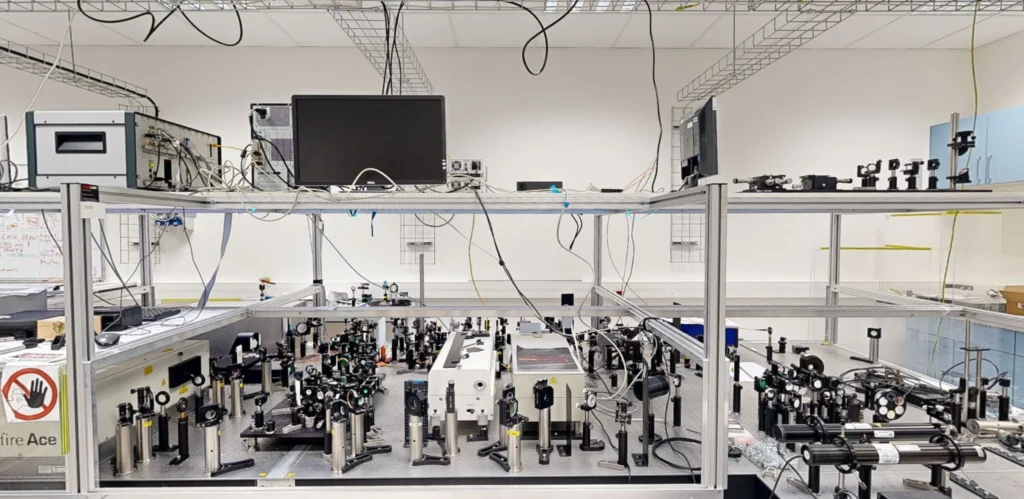

The Applied and Integrated Photonics Group of DM designs and manufactures special optical elements for advanced spectral, hyperspectral and Raman imaging systems. The group develops and integrates Raman and epi-fluorescence detectors into the robotic screening system designed in the project.
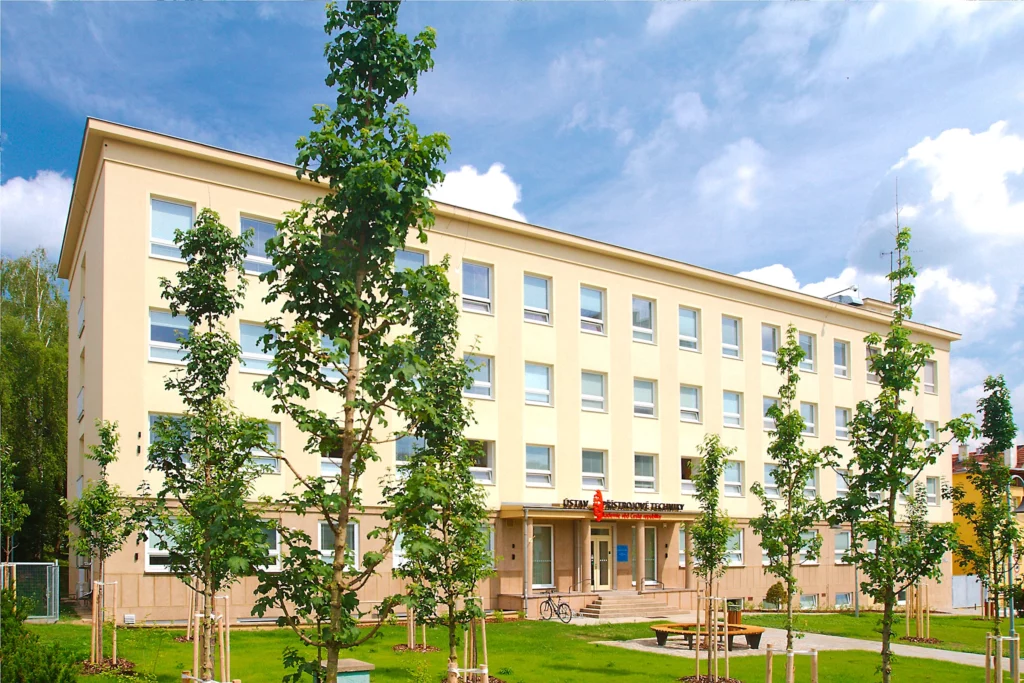

The Institute of Parasitology of the BC CAS studies the diversity, ecological roles and metabolic potential of important or interesting unicellular eukaryotes. This workplace will focus on the search for new eukaryotic metabolic pathways.
The Institute of Plant Molecular Biology conducts complex research on plants at the molecular level – studying plant genomes, cell structure and function, plant metabolites, molecular principles of photosynthesis, biophysical and biochemical processes in plants. The Laboratory of Plant Epigenetics deals with epigenetic mechanisms that are the basis of plant responses to environmental conditions. This working group will address the role of TOR (target of rapamycin) signaling and epigenetic reprogramming of the cell nucleus in plants.
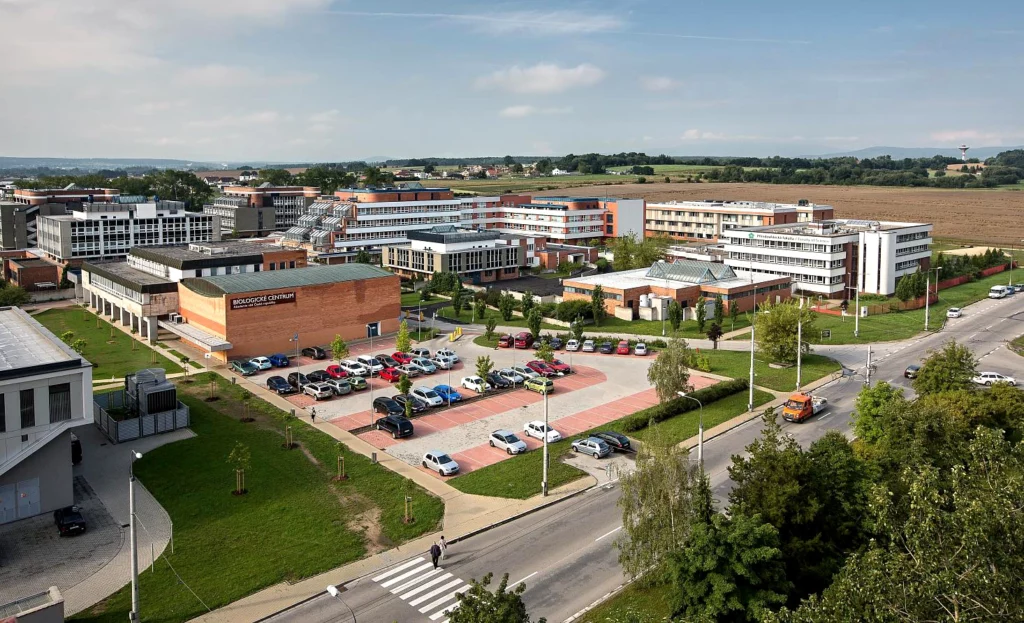
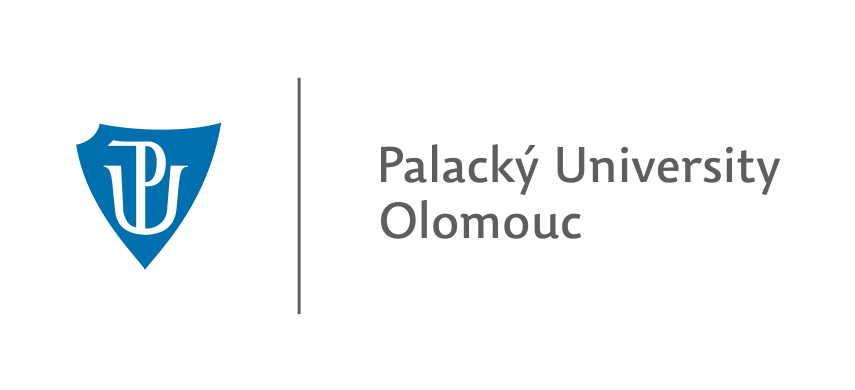
The research focus of the Department of Biophysics is the study of biophysical aspects of plant physiology and plant stress, production of reactive oxygen species in biological systems, structural and functional properties of proteins and nucleic acids, and molecular and cellular pharmacology. Roman Kouřil's group, within the Department of Biophysics, will focus primarily on the characterization of photosynthetic membrane protein complexes and supercomplexes and their intermediates with an emphasis on the detailed determination of their structure using electron microscopy (EM) including single-particle Cryo-EM.
